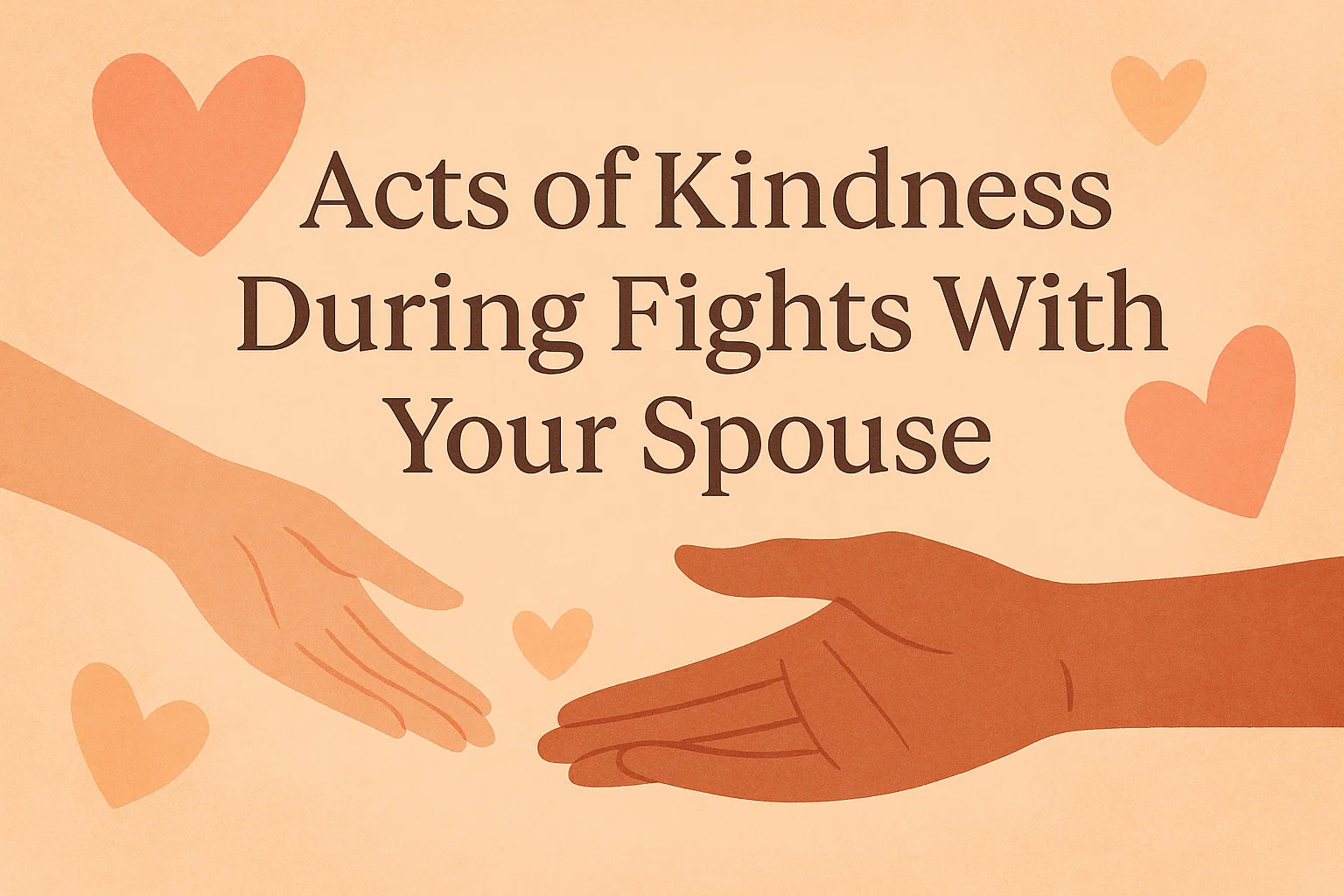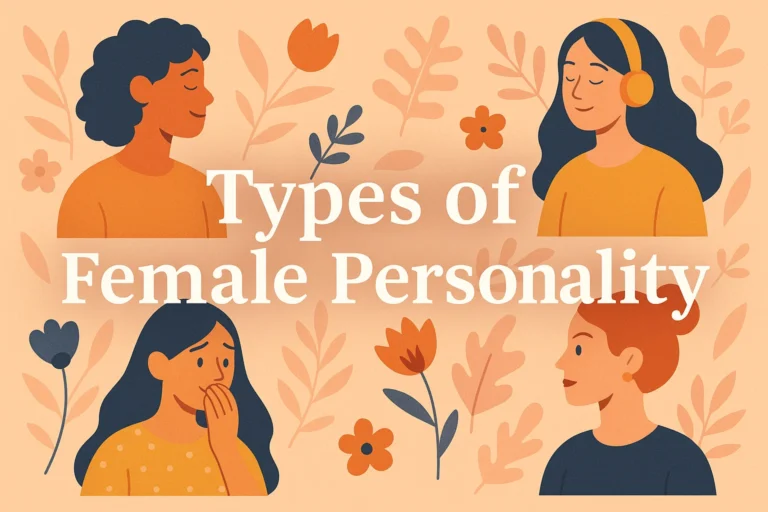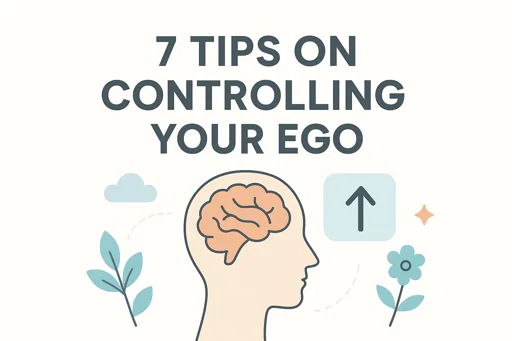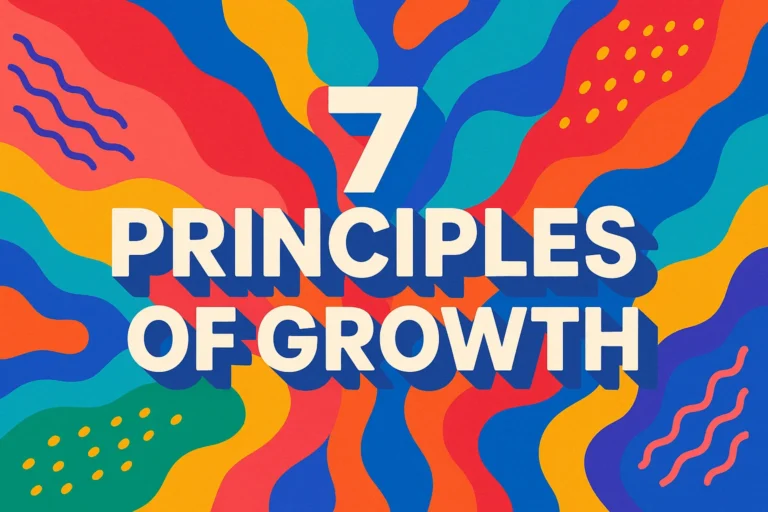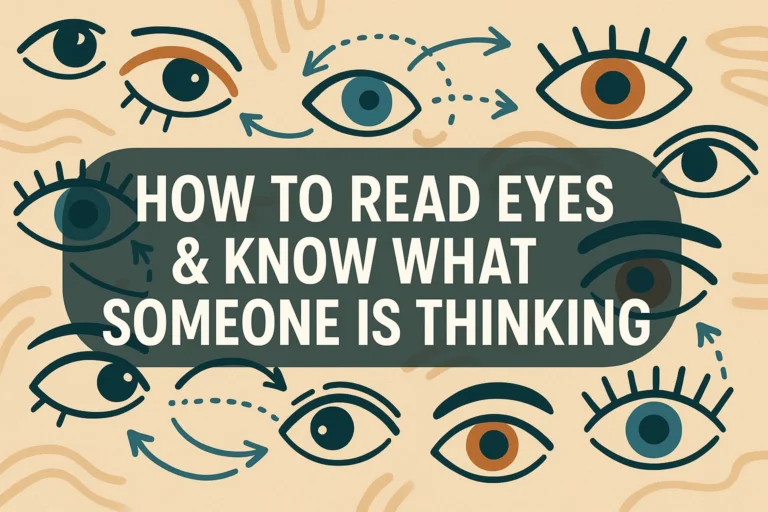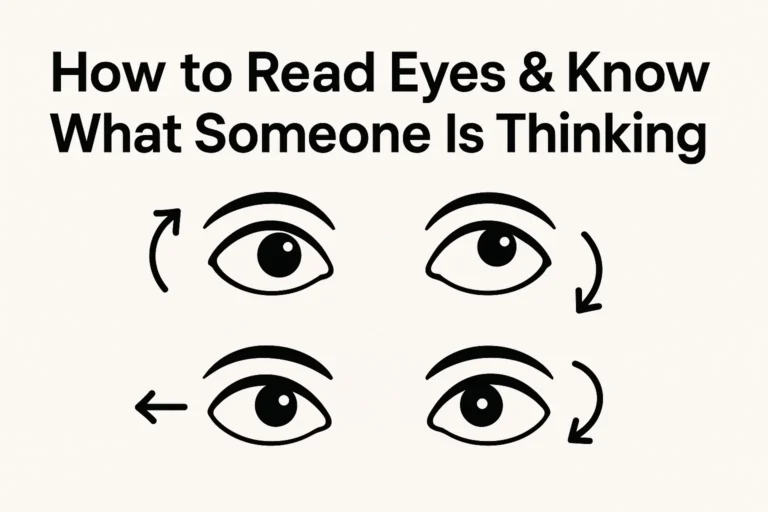Acts of Kindness During Fights Strengthening Married Life Through Compassionate Connections
Alright, let’s be real for a second. Fighting with your spouse sucks. There’s no way around it. It’s that awful feeling in the pit of your stomach, the frustration boiling over, and the terrifying thought that maybe, just maybe, you’re on different planets and you forgot to pack a spacesuit.
We’ve all been there. You’re in the heat of the moment, words are flying, and it feels like you’re opponents in a debate tournament where the grand prize is… well, misery. But what if I told you that the middle of a fight is actually the most powerful, albeit counterintuitive, moment to strengthen your marriage?
I know, it sounds a little like suggesting you do your best yoga during a hurricane. But hear me out. It’s not about winning the argument. It’s about winning the connection. It’s about those tiny, deliberate acts of kindness during a fight that can completely transform the dynamic from a battle into a bridge.
Think about it. Ever wondered why, after years together, a simple disagreement about loading the dishwasher correctly (because there is only one way, right?) can suddenly feel like a referendum on your entire life together? It’s because fights are rarely about the thing itself. They’re about feeling unheard, disrespected, or unloved.
So, what if we fought with that in mind? What if our goal shifted from being right to being connected? This isn’t some fluffy, unrealistic ideal. This is practical, gritty, and honestly, the secret sauce my own marriage has relied on for over a decade. Let’s break it down.
Why Kindness in Conflict Feels Like a Superpower
Our brains are hardwired for connection, but they’re also hardwired for threat detection. When we fight, our primal “fight or flight” system can get hijacked. Our partner stops being our favorite person and suddenly morphs into a threat. Our heart rate spikes, cortisol (the stress hormone) floods our system, and rational thought packs its bags and goes on vacation.
This is where a conscious act of kindness comes in. It’s like throwing a bucket of cold water on that primal panic. It signals safety. It tells your partner’s nervous system, and your own, “Hey, we’re safe. We’re on the same team, even if we disagree right now.”
It’s not about giving in or being a doormat. It’s about choosing the relationship over the need to be right. IMO, that’s the single most important skill you can develop in a long-term partnership.
Your Toolkit: Practical Acts of Kindness Mid-Argument
Okay, enough theory. Let’s get into the nitty-gritty. How do you actually do this when you’re seeing red? It’s about having a few simple tools in your back pocket. You don’t need to do all of them at once. Just picking one can change the entire course of the conversation.
The Power of the Pause
This is your number one, most valuable tool. When you feel the temperature rising, call a time-out. But—and this is crucial—do it with kindness.
Instead of storming off and slamming the door (tempting, I know), try something like:
“Hey, I love you too much to talk to you like this right now. I need ten minutes to calm down so I can actually hear you, and then I really want to figure this out with you.”
See the difference? You’re not abandoning the issue; you’re prioritizing the health of the conversation. You’re making a compassionate connection before you disengage. This one phrase has saved my husband and me from saying things we can’t take back more times than I can count.
Speak Their Emotional Language
Often, the unkindest thing we do in a fight is completely ignore the emotion behind our partner’s words. We get so focused on defending our point about the overflowing garbage can that we miss the fact they’re actually saying, “I feel overwhelmed and unsupported.”
Try to listen for the feeling. Then, validate it. This is a massive act of kindness.
You can say:
“Okay, so it sounds like you’re feeling really taken for granted right now. Is that right?”
or
“Whoa, I can hear how frustrated you are. That makes sense.”
Validating their emotion doesn’t mean you’re admitting you’re wrong. It means you’re acknowledging their experience. It tells them, “I see you. I hear you. Your feelings matter to me.” It’s incredibly disarming and builds immediate trust.
The Gentle Touch (If Welcome)
This one requires some awareness. In the middle of a heated argument, not everyone wants to be touched. But if you know your partner responds well to physical connection, a gentle, non-demanding touch can be a powerful reset.
Reaching out and putting a hand on their arm and saying, “I still love you, even though we’re fighting right now,” can completely break the tension. It’s a tangible reminder that this conflict is happening within the safe container of your love, not outside of it. It reaffirms the connection when words are failing.
Offer a Glass of Water
This might sound ridiculously simple, but it’s one of my personal favorites. It’s a non-verbal act of care that says, “I still care about your well-being.” Fighting is physically draining. Offering them a drink is a small, practical way to step out of the roles of adversaries and back into the roles of partners who look out for each other. It’s a moment of pure, uncomplicated kindness.
What These Acts Really Communicate
When you practice these things, you’re not just de-escalating a single argument. You’re sending much deeper messages that fortify your marriage for the long haul:
- “We are a team.” You’re reinforcing that it’s the two of you versus the problem, not versus each other.
- “This is a safe space.” You’re building a relationship where it’s safe to have disagreements, to be imperfect, and to express difficult emotions without fear of the relationship collapsing.
- “You matter more than my ego.” This is the big one. Choosing kindness is the ultimate way to show that your partner’s heart and your connection are more valuable than winning a point.
The Things to Absolutely Avoid (The Anti-Kindness Moves)
Just as important as knowing what to do is knowing what not to do. These are the moves that pour gasoline on the fire:
- The Silent Treatment: This isn’t a pause; it’s a punishment. It’s emotional withdrawal, and it communicates contempt, not care.
- Name-Calling and Sarcasm: Once you go down this road, it’s very hard to come back. It attacks the person, not the problem, and it leaves deep scars. (A little witty humor is fine in everyday life, but sarcasm in a fight is a weapon.)
- The “Kitchen Sink” Argument: You know the one. You’re arguing about finances, and suddenly you’re bringing up that thing they did at a party in 2017. Stay on topic! Throwing in every past grievance is just unkind and unfair.
- Threats: Any threat, especially about the stability of the relationship, should be off the table. It destroys the fundamental security you’ve built together.
FYI, we’ve all probably done one of these at some point. The goal isn’t perfection; it’s progress. 🙂
Building a Kinder Foundation Before the Fight Even Starts
The best time to practice kindness isn’t during a fight; it’s every single day. The more you deposit into your “emotional bank account” with daily acts of appreciation, respect, and affection, the more you’ll have to withdraw when conflict hits.
Make it a habit to:
* Say “thank you” for the little things.
* Give a genuine compliment.
* Check in about each other’s day.
* Hug for at least twenty seconds (it releases oxytocin, the bonding hormone!).
When you feel valued and appreciated on a regular basis, you’re far more likely to give each other the benefit of the doubt when tensions rise.
The Bottom Line
Transforming conflict with kindness isn’t a magic trick that will make all your disagreements disappear. You’re still going to argue about money, parenting, and whose turn it is to clean the gutters. But those arguments don’t have to leave you feeling distant and drained.
By choosing a gentle pause, seeking to understand, or even just offering a glass of water, you’re doing something radical. You’re choosing love over winning. You’re building a marriage where fights become opportunities to understand each other better, not to drive wedges between you.
It takes practice, and yeah, you’ll mess up. I definitely have. But the next time you feel that familiar heat rising, take a breath and ask yourself one simple question: “How can I be kind to my partner and to our connection right now?”
The answer might just surprise you. And it might just lead you to a stronger, more compassionate, and deeply connected marriage. Now, if you’ll excuse me, I need to go tell my husband he loads the dishwasher in the most uniquely creative way I’ve ever seen ;).

